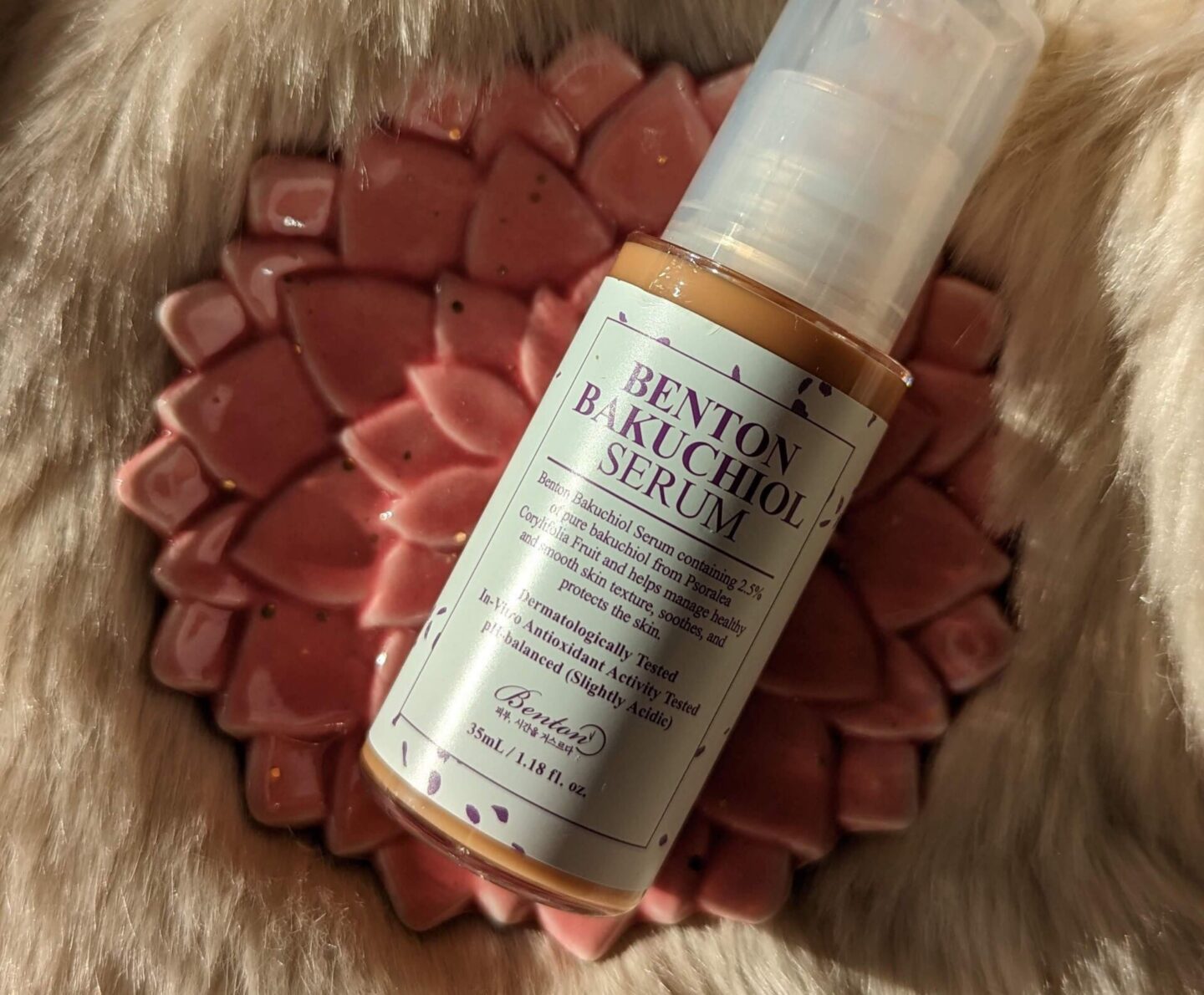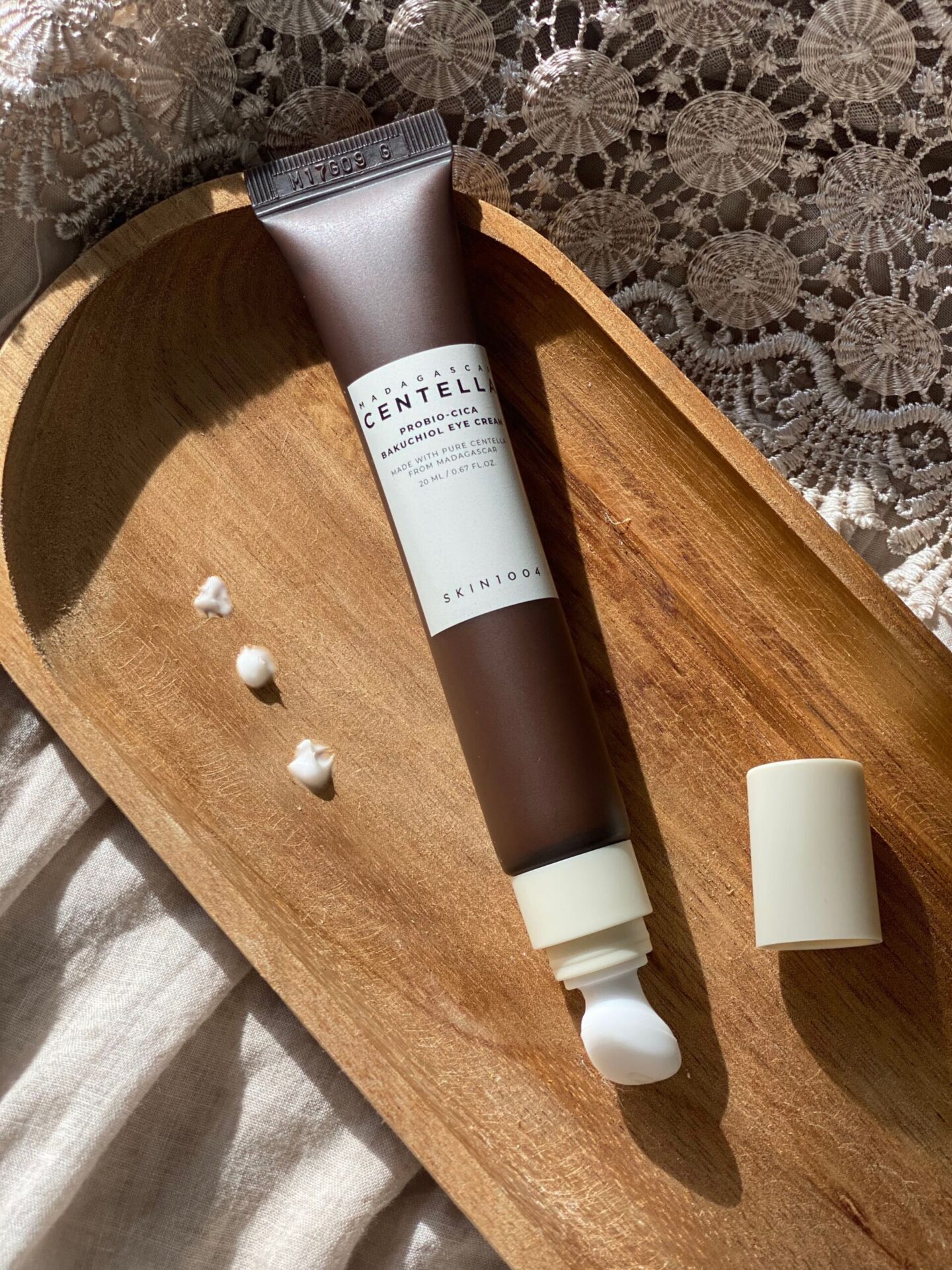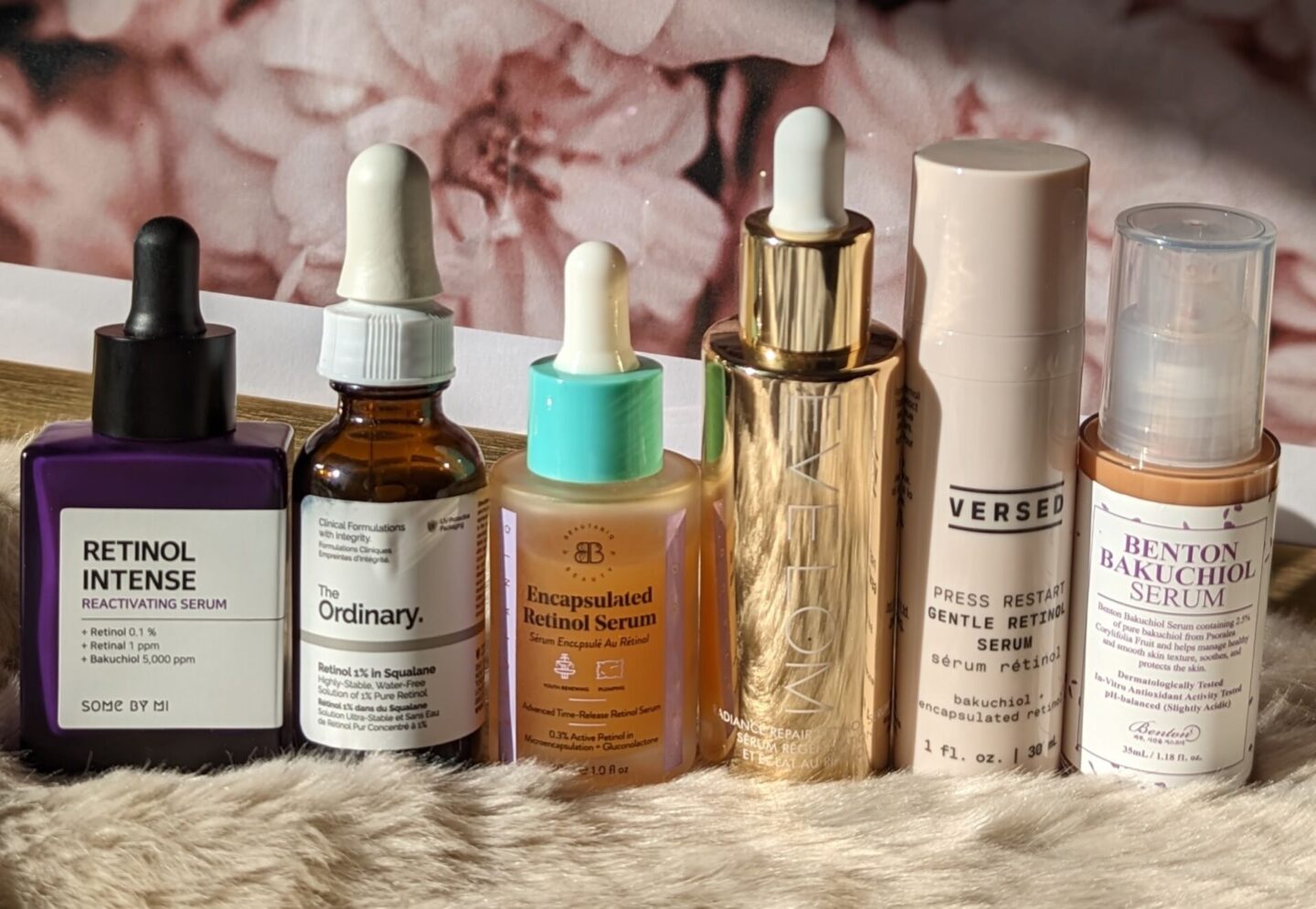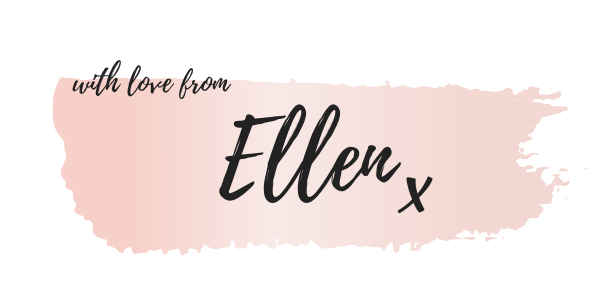
Meet Bakuchiol, a rising star in skincare that’s making waves for all the right reasons. Touted as a natural alternative to retinol – here’s everything you need to know about this ingredient, the benefits it offers skin, and how it compares to retinol.
What is bakuchiol?
Bakuchiol is a natural, plant-derived compound that has gained popularity in the skincare industry as a potential alternative to retinol. Retinol is a vitamin A derivative commonly used in skincare for its anti-aging properties, but it can cause irritation for some individuals.
Bakuchiol is extracted from the seeds of the Psoralea corylifolia plant, also known as babchi or bakuchi. It has been traditionally used in Ayurvedic medicine for various purposes. In skincare, bakuchiol is praised for its ability to provide some retinol-like benefits without the associated side effects, such as redness and sensitivity.
Research suggests that bakuchiol may help reduce the appearance of fine lines, wrinkles, and hyperpigmentation, while also having anti-inflammatory and antioxidant properties. It is considered a gentler option for those with sensitive skin, making it an attractive alternative for individuals who cannot tolerate retinol.

What does bakuchiol do for skin?
Bakuchiol has several benefits for the skin:
Anti-aging properties
Bakuchiol is often touted for its ability to reduce the appearance of fine lines and wrinkles. It may help stimulate collagen production, which is essential for maintaining skin elasticity and firmness.
Retinol-like effects
Bakuchiol has been suggested to have retinol-like effects on the skin, but without some of the potential side effects associated with retinol, such as irritation and sensitivity. It may offer a gentler option for individuals with sensitive skin who cannot tolerate retinoids.
Antioxidant properties
Bakuchiol possesses antioxidant properties, which means it helps protect the skin from damage caused by free radicals. Free radicals can accelerate the aging process and contribute to the development of various skin issues.
Anti-inflammatory effects
Bakuchiol has been reported to have anti-inflammatory properties, making it potentially beneficial for those with inflammatory skin conditions, such as acne or redness.
Improvement in skin texture
Regular use of bakuchiol may contribute to smoother and more even skin texture, promoting a healthier and more youthful appearance.
Which skin type is bakuchiol good for?
Bakuchiol is great for all skin types! Bakuchiol is known for being gentle on the skin, making it a suitable option for those with sensitive skin who may not tolerate traditional retinoids well. It is less likely to cause irritation and redness. It can also be a good option for individuals with acne-prone skin who cannot tolerate traditional retinoids.
Bakuchiol has moisturising properties, so it can be beneficial for individuals with dry skin. It helps to improve hydration levels and promote a smoother complexion.
It can also help reduce the appearance of fine lines, wrinkles, and improve skin elasticity, making it suitable for those with mature or ageing skin.
Bakuchiol is lightweight and non-comedogenic, making it suitable for those with oily or combination skin. It provides the benefits of retinol without the potential for excess oiliness.
While bakuchiol is generally well-tolerated, it’s essential to perform a patch test before incorporating it into your skincare routine, especially if you have sensitive skin.
Is bakuchiol good for acne?
Due to its anti-inflammatory and antibacterial properties, bakuchiol proves to be a beneficial option for individuals dealing with acne. Its capacity to alleviate redness in existing acne blemishes and prevent future breakouts by clearing pores makes it particularly advantageous. Additionally, its soothing and calming properties help mitigate inflammation and discomfort often experienced by those with acne-prone skin.
Bakuchiol also proves beneficial for individuals who previously had acne. By promoting the renewal of skin cells, it aids in reducing the visibility of scars left behind by acne.

Is bakuchiol better than retinol?
Bakuchiol has garnered significant attention among skincare enthusiasts primarily due to its ability to deliver the same benefits as retinol without the undesirable side effects. Retinol has long been used for wrinkle reduction, acne treatment, and complexion brightening; however, its common side effects make it less suitable for individuals with sensitive skin.
The choice between bakuchiol and retinol depends on individual preferences, skin sensitivities, and goals. Retinol remains a gold standard in anti-aging skincare, but bakuchiol may be a suitable option for those seeking a less irritating alternative.

